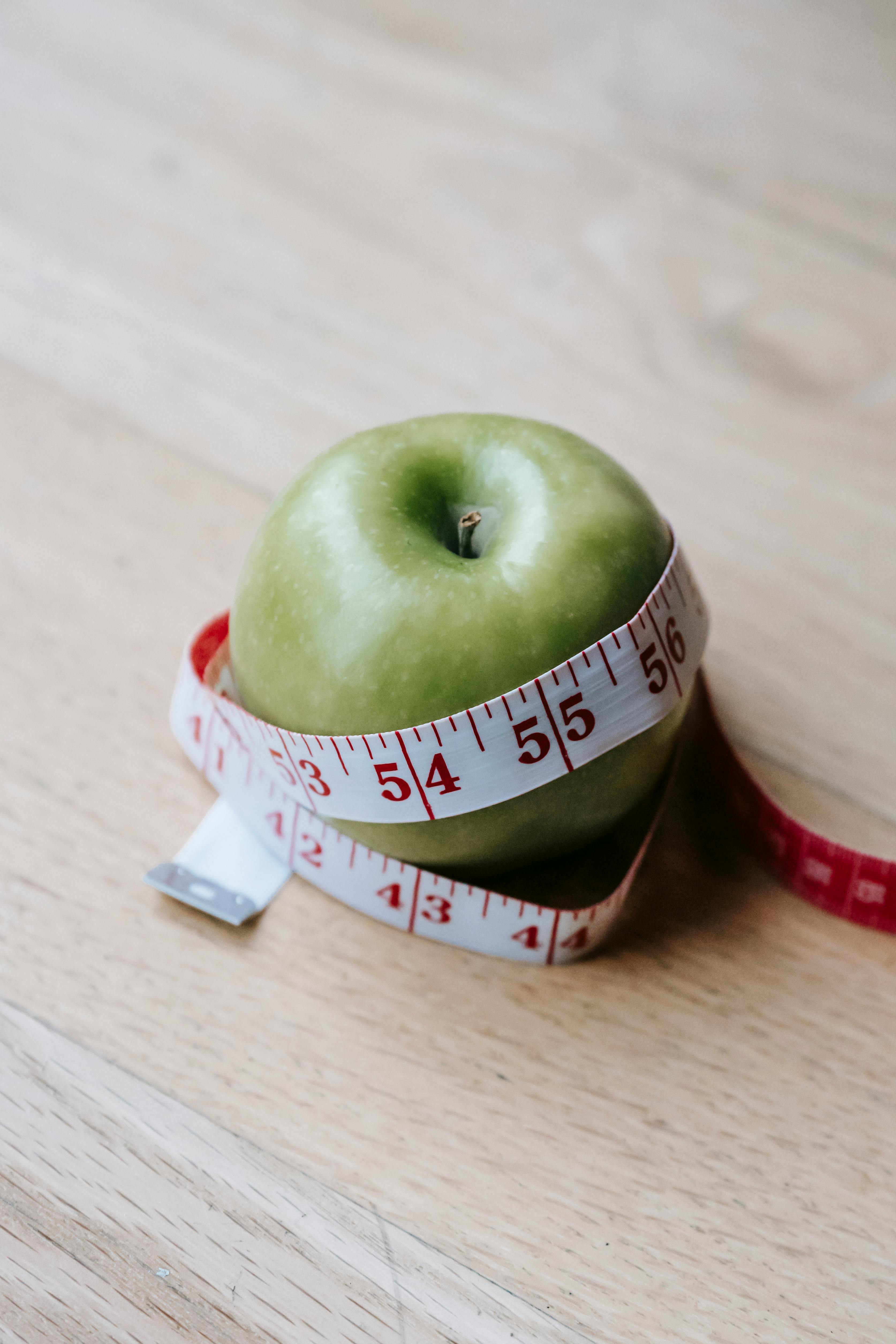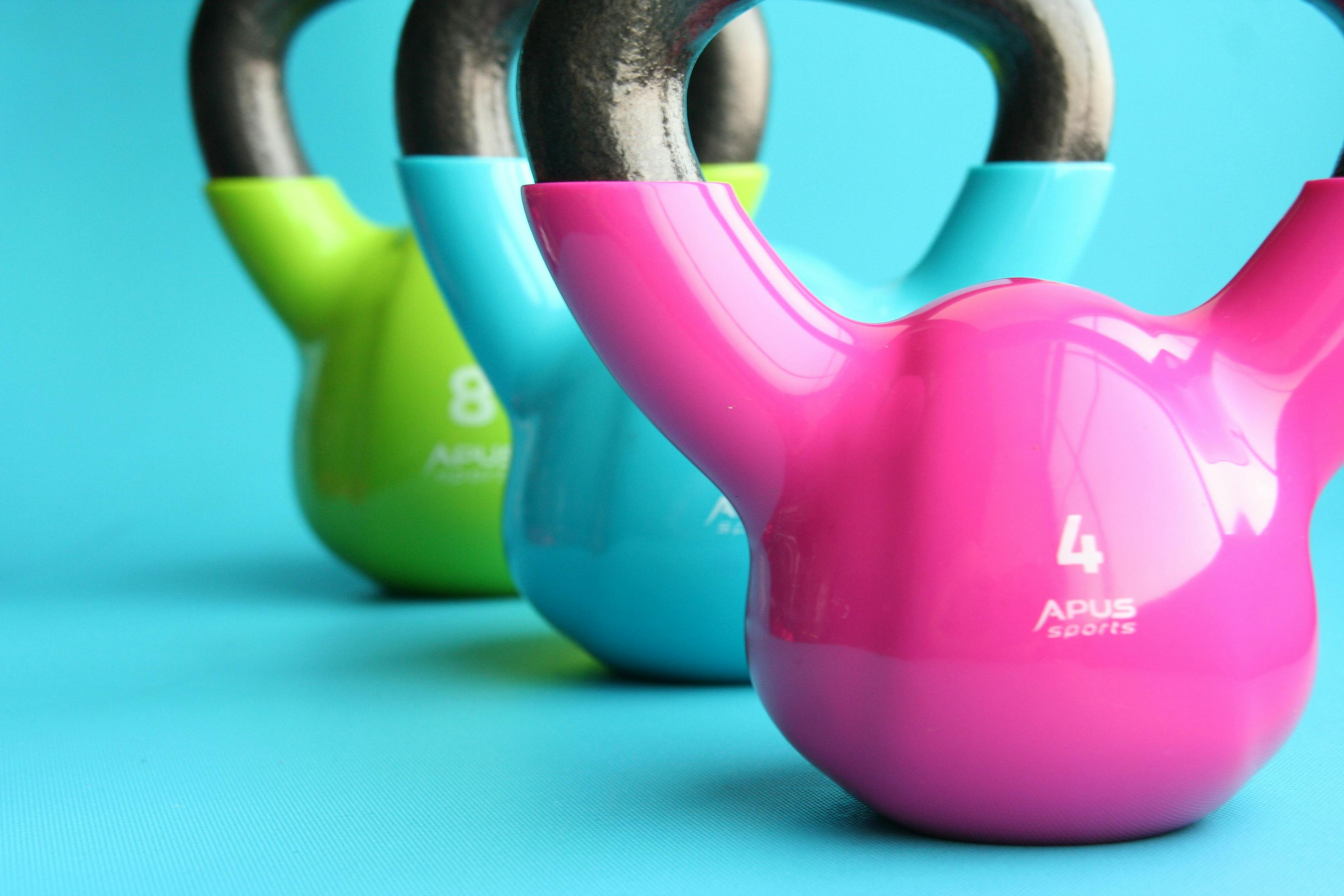Attaining Your Zenith: Weight Loss Edition
Imagine finding yourself on a mountain peak, breathing in the fresh air and basking in the glory of having reached the pinnacle of your journey. Metaphorically, this is the premise of “Attaining Your Zenith: Weight Loss Edition.” This article highlights an enriching and engaging experience, exploring the strategic approach to achieve your weight loss goals effectively. It provides you with comprehensive insights and proven techniques that can guide you in your continuous pursuit to shed those unwanted pounds, ultimately bringing you to the peak of your health and wellness journey.

Understanding Weight Loss and Your Goals
When you think about weight loss, it’s more than just dropping a few pounds. It involves a deliberate, conscious change in your lifestyle and eating habits. Achieving your zenith in weight loss is not about starving or depriving yourself. It’s about setting and reaching realistic goals in a safe and healthy way.
Defining Weight Loss
Weight loss, in its essential sense, is a reduction of your overall body mass. But, it goes deeper than that. It’s about losing excess body fat while preserving, and even building, lean muscle. It’s also minimizing the risks of obesity-related health complications.
Setting Realistic Goals
When starting your weight-loss journey, it’s important to set realistic goals. Quick fixes and miracle solutions are not the answer. A safe and sustainable rate of weight loss is about 1 to 2 pounds per week. Anything beyond this might take a toll on your overall health and can even result in muscle, bone, and water loss.
Recognizing Bad Weight Loss Programs
Stay clear of weight loss programs that guarantee instant results. If they encourage severe calorie restriction, the use of laxatives or diet pills, or promote a single type of food, these are red flags. Good weight loss programs promote balanced diets, regular exercise, and include long-term strategies to avoid weight regain.
Basics of Fulfilling Nutritional Needs
A nutritionally balanced diet plays a vital role in weight loss.
Balanced Diet for Weight Loss
A balanced diet includes all the necessary food groups: carbohydrates, proteins, fats, vitamins, and minerals. Reducing your intake of high-calorie foods, particularly those high in sugar and unhealthy fats, while increasing fruits, vegetables, and lean proteins, can help you manage your weight.
Importance of Macro and Micronutrients
Macronutrients (carbohydrates, protein, and fat) provide energy, while micronutrients (vitamins and minerals) are essential for body functions. For weight loss, focus on the quality of the macronutrients. Choose complex carbs, lean proteins, and healthy fats.
Role of Fiber and Protein in Weight Loss
Fiber and protein promote feelings of fullness, which can help you consume less and manage your caloric intake. High fiber foods like vegetables and whole grains slow digestion and give a constant release of energy, reducing unnecessary snacking. Protein helps in lean muscle build-up and recovery after workouts, which aids in burning more calories.
Vegetarian and Vegan Diets for Weight Loss
Vegetarian and vegan diets can be effective for weight loss since they tend to be lower in calories and fat. However, it’s important to ensure that you’re getting a balance of nutrients, especially protein, iron and Vitamin B12, which can be challenging in plant-based diets.
The Food-Exercise Balance
Exercise is as crucial for weight loss as diet.
Role of Exercise in Weight Loss
Exercise aids weight loss by helping you burn more calories, build lean muscle, and boost your metabolism. Regular physical activity can also alleviate stress, which can drive emotional eating.
Balancing Caloric Intake and Physical Activity
The golden equation for weight loss is burning more calories than you consume. Consuming fewer calories while increasing your physical activity is the most effective way to achieve this balance.
Strategies for Staying Active
Finding physical activities that you enjoy, setting workout goals, and mixing up your exercise routine can help you stay motivated. Regular everyday activities, like brisk walking, gardening or household chores, can also contribute to your calorie-burning quota.
Lean Muscle, Not Just Less Fat
Weight loss isn’t just about burning fat, it’s about improving your body composition.
Understanding Body Composition
Body composition refers to the ratio between lean muscle and body fat. While reducing body fat is necessary for weight loss, increasing lean muscle mass helps to boost your metabolism and maintain weight loss.
How Muscle Influences Metabolism
Lean muscle burns more calories than fat, even at rest. By building more muscle, you can increase your metabolic rate, which aids in burning calories and losing weight.
Strength Training for Weight Loss
Strength training can help you build lean muscle and increase your metabolism. It also enhances bone health, improves strength and flexibility, and reduces the risk of injury.

The Importance of Mental Health in Weight Loss
Your mental health significantly impacts your weight-loss journey.
Impact of Stress on Weight
Stress can affect your weight in different ways. Some people tend to overeat when they’re stressed, while others may skip meals. Both can result in unhealthy weight fluctuations. Learning to manage stress effectively is crucial.
Role of Self-Perception and Self-Esteem
How you perceive yourself impacts your weight-loss efforts. If you believe that you’re capable of making positive changes, you’re more likely to achieve your weight-loss goals. Boosting your self-esteem can have a powerful impact on your weight-loss journey.
Mindfulness Techniques to Aid Weight Loss
Mindfulness, the practice of being present and focused in the moment, can help with weight loss by improving your eating habits, reducing stress, and boosting self-awareness about your body’s needs.
Weight Loss Supplements and Their Role
Weight loss supplements can support your weight-loss journey, but they are not magic bullets.
Popular Weight Loss Supplements
Some well-known weight loss supplements include products like green tea extract, caffeine, and fiber supplements. They claim to burn fat, reduce appetite, or boost metabolism.
Pros and Cons of Weight Loss Supplements
While some supplements may aid in weight loss, they also come with potential risks, including side effects like nausea, digestive issues, and even heart problems. Always consult a healthcare professional before starting any supplement regimen.
Natural vs Industrial Supplements in Weight Loss
Natural supplements come from natural sources, while industrial ones are manufactured. Natural supplements are often considered safer with fewer side effects, but this is not always the case. Both types should be used under medical guidance, especially when used for weight loss.

Demystifying Fasting and Detoxification for Weight Loss
Fasting and detoxification can be part of a weight-loss plan when used wisely.
How Fasting Affects Metabolism
Fasting, when done properly, can activate metabolic pathways that break down fat for energy, thus aiding weight loss. However, overly prolonged fasting can lead to muscle loss and slow your metabolism, the opposite of what you want for sustainable weight loss.
Healthy and Harmful Detox Practices
Detox diets, like juice cleanses, may result in quick weight loss, but they also deplete your body of necessary nutrients and can lead to weight regain. Instead, a “detox” should focus on removing processed foods and excess sugars from your diet.
Intermittent Fasting vs Prolonged Fasting
Intermittent fasting includes periods of eating and fasting within a defined schedule. It can improve metabolic health and aid in weight loss. Prolonged fasting, on the other hand, can have adverse effects, including nutrient deficiencies and a decreased metabolic rate.
Mindful Eating for Sustainable Weight Loss
Mindful eating is about being conscious of what, how, when, and why you eat.
Understanding Mindful Eating
Mindful eating involves consciously paying attention to the food you consume without distraction, understanding the cues of hunger and satiety, and cultivating an appreciation for healthy foods.
The Importance of Portion Control
Understanding portion sizes can assist you in eating a well-balanced diet and avoid overeating, which is key to weight-loss success. Utilizing portion control tools like smaller plates, bowls, and cups can be beneficial.
How to Practice Mindful Eating
To practice mindful eating, make meals a focused activity without distractions like TV or smartphones. Chew thoroughly, savor each mouthful, and pay attention to your body’s hunger and fullness cues.

Sleep’s Role in Weight Loss
Believe it or not, quality sleep is as important to your weight-loss journey as diet and exercise.
Correlation between Sleep and Weight
Insufficient sleep can disrupt your body’s hunger hormones (leptin and ghrelin), potentially leading to increased hunger, higher calorie consumption, and ultimately, weight gain.
Sleep Hygiene for Optimal Weight Management
Good sleep hygiene practices include setting a regular sleep schedule, creating a calm sleep environment, avoiding screens before bedtime, and limiting caffeine and large meals near bedtime.
The Impact of Sleep Disorders on Weight
Sleep disorders such as sleep apnea and insomnia can result in poor sleep quality, which in turn can contribute to weight gain, as they can increase your hunger and appetite.
Maintaining Weight Loss: A Lifelong Journey
Reaching your weight-loss goal is a victory, but the journey doesn’t end there. Maintaining your weight loss is equally critical.
Keeping Weight Off after Reaching Your Goal
To maintain weight loss, continue with the healthy eating habits and regular exercise routine that you adopted during your weight-loss journey. Regular monitoring of your weight can also be helpful.
Dealing with Plateaus and Weight Gain
Plateaus and small weight gain can be discouraging, but they happen to most people. When they do, reassess your strategies and make necessary adjustments. Remember, weight management is a lifelong journey.
Weight Maintenance Strategies
Strategies for maintaining weight loss include regular physical activity, a balanced diet, regular self-monitoring of weight, and regular meals, including breakfast. Maintain a positive outlook and seek support when needed.
Seeing weight loss as a journey to overall health improvement rather than just getting slim can make the process more enjoyable and sustainable. Remember, the goal is your overall wellbeing, not just shedding pounds. By incorporating healthy eating habits, regular exercises, adequate sleep, stress management, and a positive mindset, you can achieve your zenith in weight loss.
